Senior party figures disagree with Albanese on China policy
Kim Carr’s Nazi slur has led to a split in Labor ranks on how to handle China, with some senior figures - including former leader Bill Shorten - opposing Anthony Albanese.
NSW
Don't miss out on the headlines from NSW. Followed categories will be added to My News.
- ‘No road map out of this’: Australia to keep borders closed
- No warning before Chinese blacklisting of Aussie meat processors
Labor is bitterly divided on China, with calls from senior party figures for Australia to stand up to Beijing’s aggression at odds with Anthony Albanese’s plea for a “mature” approach.
Former leader Bill Shorten was one of several MPs to back calls from Australian Workers Union national secretary Daniel Walton urging the federal government to “hold its nerve” in defence of Australia’s sovereignty amid increasing trade tensions with China.
But Mr Albanese refused to endorse Mr Walton’s anti-China comments in a letter to Prime Minister Scott Morrison, dismissing them as “nothing new”.
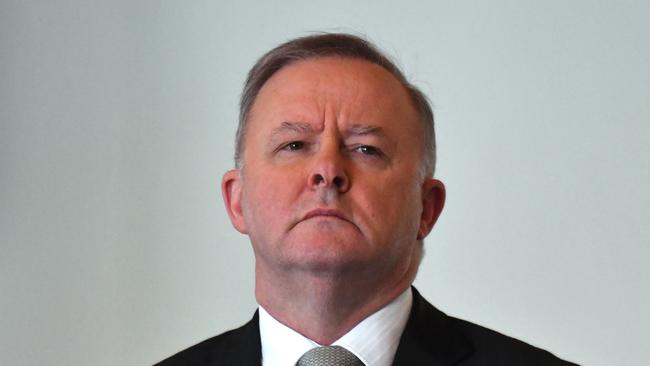
MORE NEWS
The world wants Aussie-made ventilators
Treasurer tests negative for COVID-19
Aussies face growing $143b budget black hole if COVID surges
“That letter could have been written by any AWU secretary since 1891,” Mr Albanese said.
It came as both Mr Morrison and Mr Albanese condemned Labor Senator Kim Carr’s nasty slurs comparing journalists and Coalition MPs to Nazis in a scathing senate speech.
Mr Morrison said it was “very disappointing” Mr Carr had felt it appropriate to liken government MPs who called for oversight of foreign scientists embedded in Australian labs to “far-right politicians in Europe in the 1930s”.
“Australia is a nation of free speech and that means people say things from time to time, even under the privilege of this place, which people can find deeply offensive and I have no doubt that people have found that deeply offensive,” Mr Morrison said.
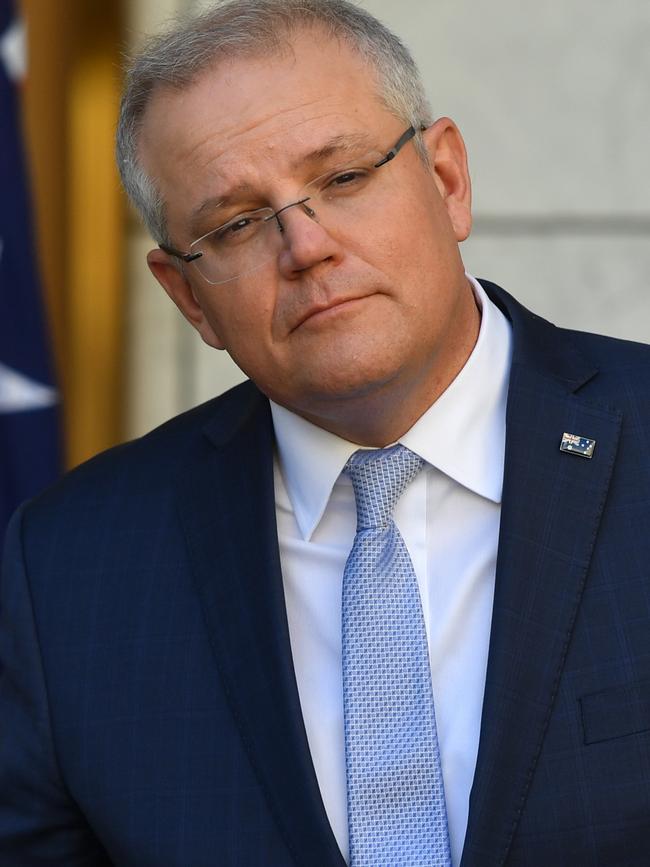
Mr Albanese said he held a “consistent” position that Nazi metaphors were never acceptable.
“Any comparison to that regimen, made by any individual … is always inappropriate,” he said.
Mr Albanese attempted to deflect blame by calling on the government to rein in Coalition backbenchers antagonising China, and instead have a “mature” diplomatic discussion.
“What would be really good and what we need from this nation is for all the government to get on top of its government backbenchers,” he said.
But at the same time Mr Albanese’s own backbench was defying his call for a “mature” stance.
Labor Senator Kimberley Kitching praised Mr Walton as an “impressive leader” who shined the “truth” on Australia’s trade relationship with China.
“Billionaires urging blind compliance with a foreign (government) ia a disgrace,” she said.
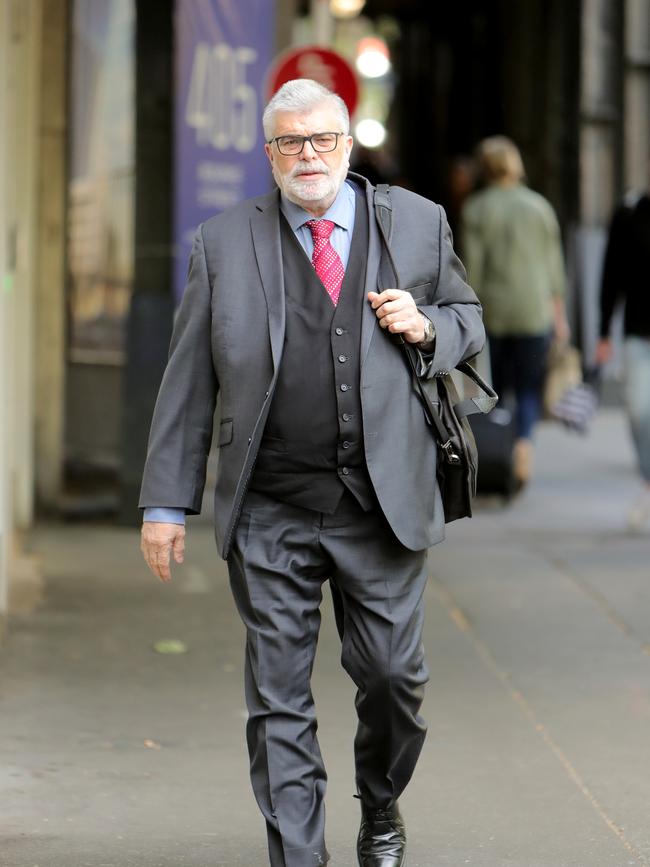

Labor’s foreign affairs spokeswoman Penny Wong said Mr Walton’s comments were “absolutely right”.
NSW-based Senator Deb O’Neil also praised the AWU leader.
“Daniel Walton is exactly right when he says we need to stand up against billionaires who have cosy relationships that benefit them and not the nation,” she told The Australian.
Mr Shorten also backed the hard line stance of his former union.
“Boss of my old union (Dan Walton) is right to stand up for Aussie jobs and sovereignty,” he said on Twitter.
“All countries should play by the rules. No exceptions just because they’re big.”
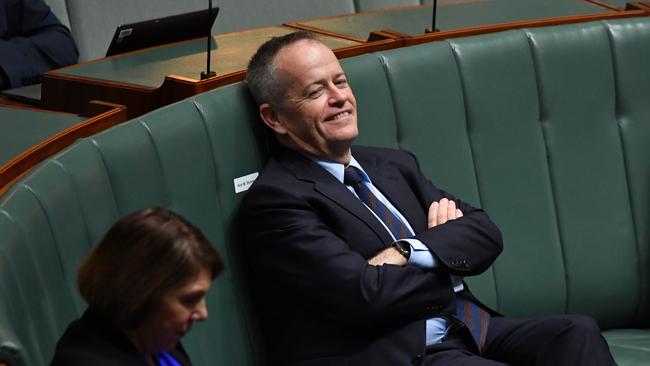
In stark contrast MP Andrew Leigh cautioned against Australia following its allies into a Cold War-style situation with China.
“It’s vital to take the long view, stay true to our values and work with international institutions,” he tweeted.
“Let’s not play deputy sheriff again.”

Former Labor foreign minister Gareth Evans this week told a Lowy Institute online event Australia’s call for a COVID-19 inquiry was “ill-prepared” diplomatically.
“It played right into that stereotype of Australia as deputy sheriff to the US,” he said.
At the same event former Liberal foreign minister Julie Bishop also criticised the inquiry idea.
“My expectation is that as things stand China will not co-operate with an exercise that is seen as an investigation into China’s handling of the pandemic,” she said.
Labor politicians have long been divided on how to handle China, with former premier and federal foreign minister Bob Carr known for speaking up on Beijing’s behalf.
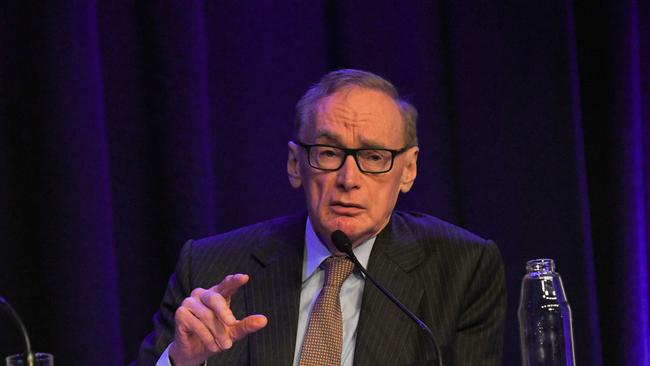
He was hand-picked to run a China institute at the University of Technology Sydney established in 2014, which he described as having a mission to promote an “unabashedly positive and optimistic view of the Australia-China relationship”.
Meanwhile last month NSW Labor MP Shaoquett Moselmane resigned as assistant president of the Legislative Council, after coming under fire for repeatedly praising China’s response to the coronavirus crisis.
Mr Moselmane had praised Chinese President Xi Jinping’s “unswerving leadership”.
NSW Labor leader Jodi McKay described the comments as “appalling”.

